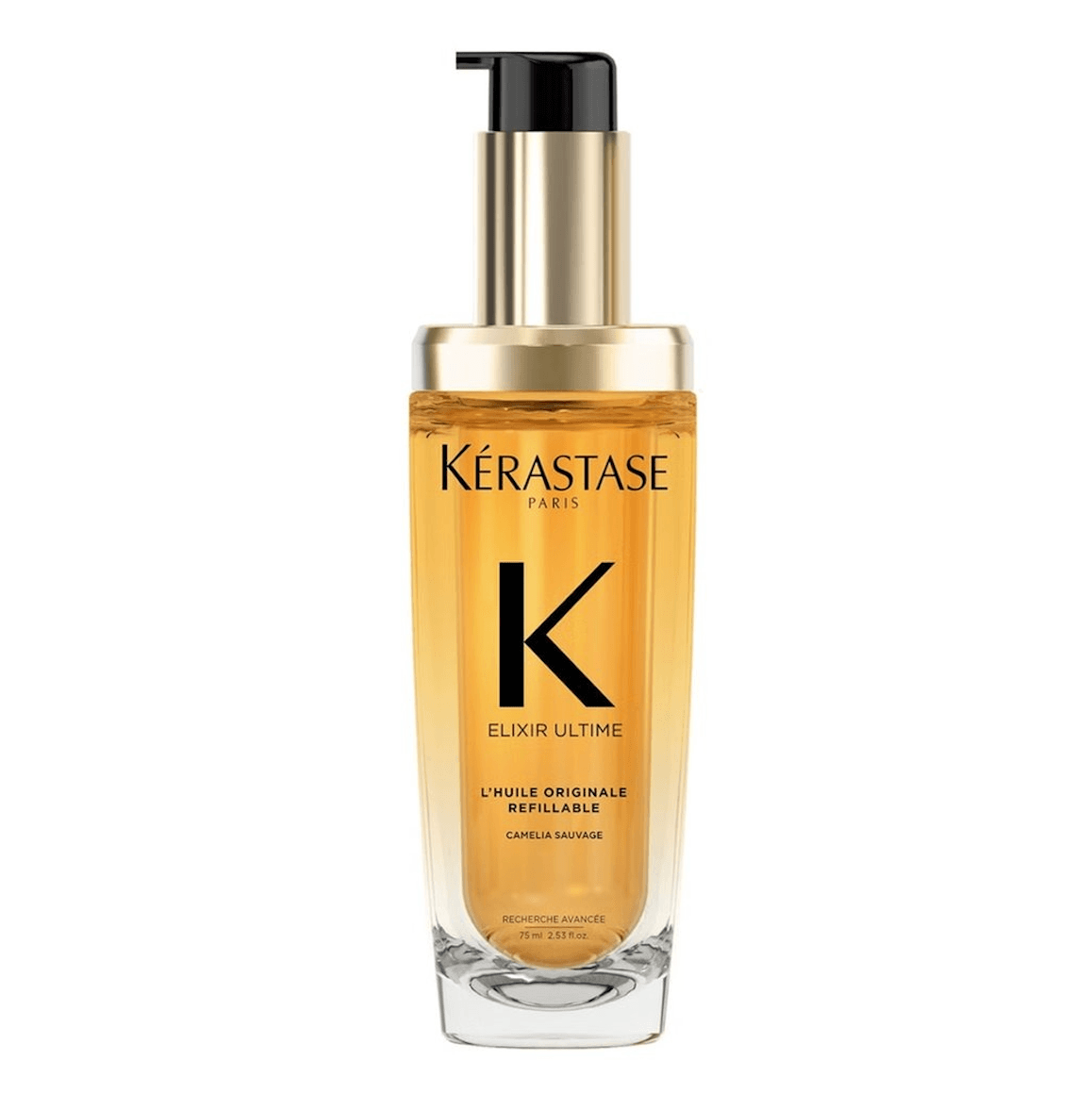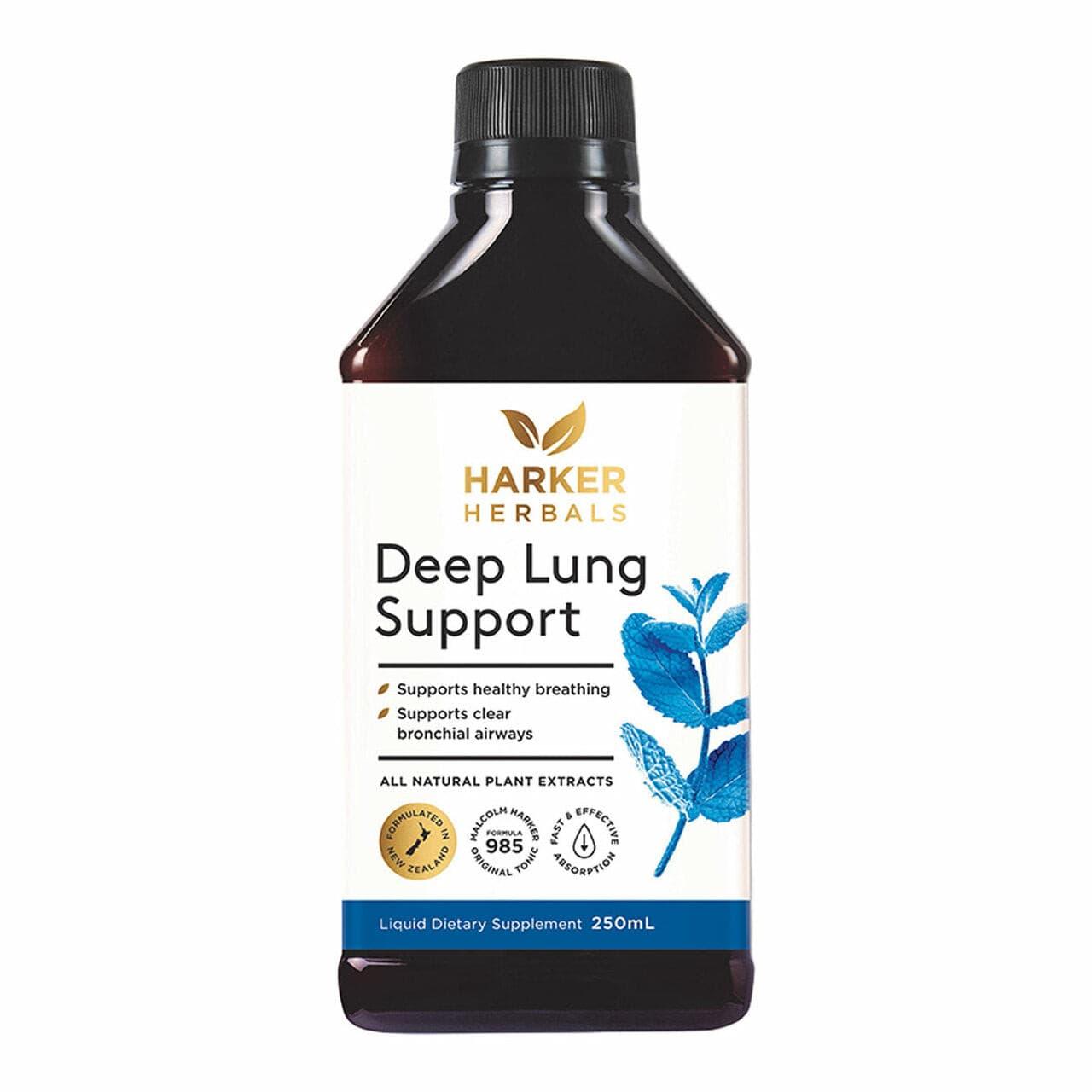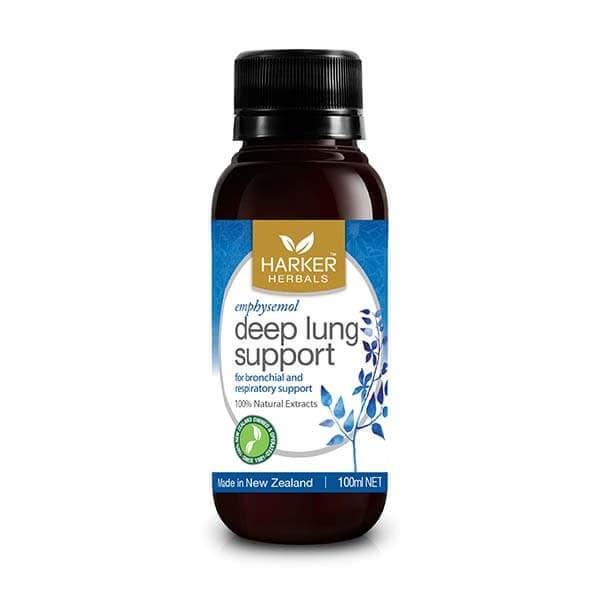Unleash the Potential of Nature's Vitamin C: Enhance Your Well-being and Strengthen Immunity the Natural Way!

During the winter season, our immune system faces numerous challenges. The combination of chilly weather, reduced sunlight, and heightened risk of encountering viruses and bacteria can compromise our immune defenses. However, there's a remedy that can provide a boost to your immune system when you need it most: Vitamin C.
Vitamin C is an essential nutrient
Since our bodies are incapable of producing vitamin C on their own, obtaining it solely from food sources becomes crucial. This essential nutrient plays a pivotal role in maintaining a robust immune system. Vitamin C acts as an antioxidant, shielding immune cells from harm caused by free radicals. Additionally, it aids in the stimulation of white blood cell production, which is instrumental in mounting an effective immune response against illnesses and diseases.
Numerous studies have demonstrated the positive impact of vitamin C supplementation on reducing the occurrence and duration of respiratory infections. In one particular study, researchers observed that daily intake of vitamin C reduced cold symptoms by 8% in adults and 14% in children. Moreover, another study revealed that vitamin C supplementation diminished the incidence of common colds among marathon runners.
While vitamin C can be obtained from various food sources such as citrus fruits, berries, and leafy greens, many individuals opt for supplements to ensure an adequate intake of this vital nutrient. However, it's important to note that not all vitamin C supplements are created equal.
Natural vitamin C vs synthetic ascorbic acid
Numerous vitamin C supplements available in the market are formulated using synthetic ascorbic acid, which is often derived from genetically modified corn and undergoes extensive processing. Although chemically identical to naturally occurring vitamin C in food, synthetic ascorbic acid lacks the additional beneficial compounds present in whole food sources, such as bioflavonoids. Bioflavonoids work synergistically with vitamin C to enhance absorption and utilization within the body.
On the contrary, plant-based vitamin C supplements derive their nutrients from whole food sources like acerola cherry, camu camu, and amla fruit. These supplements not only provide vitamin C but also encompass other advantageous compounds like bioflavonoids, which collaborate to support immune function effectively.
Furthermore, plant-based vitamin C supplements exhibit greater sustainability and eco-friendliness compared to synthetic ascorbic acid. The manufacturing process for synthetic supplements can be environmentally damaging, while plant-based options utilize sustainably grown and harvested whole food sources.
Lifestream Vitamin C Acerola is derived from organic Acerola berries, serving as a wholesome and natural source of vitamin C. These Acerola berries not only provide vitamin C but also contain inherent antioxidants, nutrients, anthocyanins, bioflavonoids, and other essential co-factors. This unique combination ensures optimal absorption and promotes overall well-being.

-
Helps support your immune defences
-
Helps support your body's natural defences against free radicals
-
Helps support you with healthy tissue repair
-
Helps support the collagen health of your ski









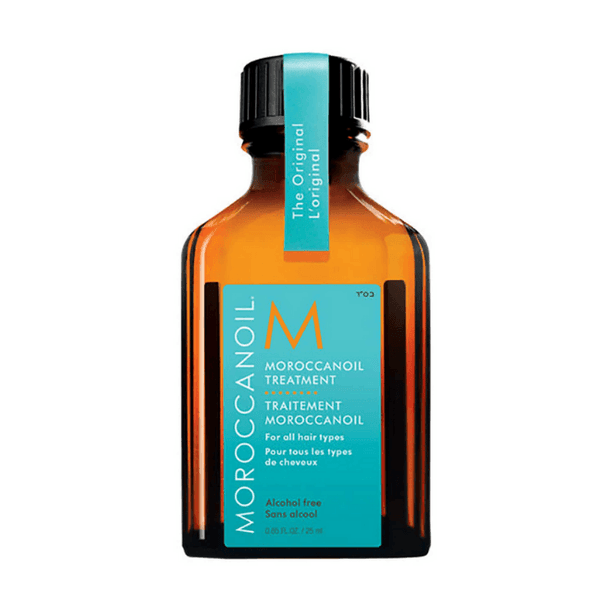
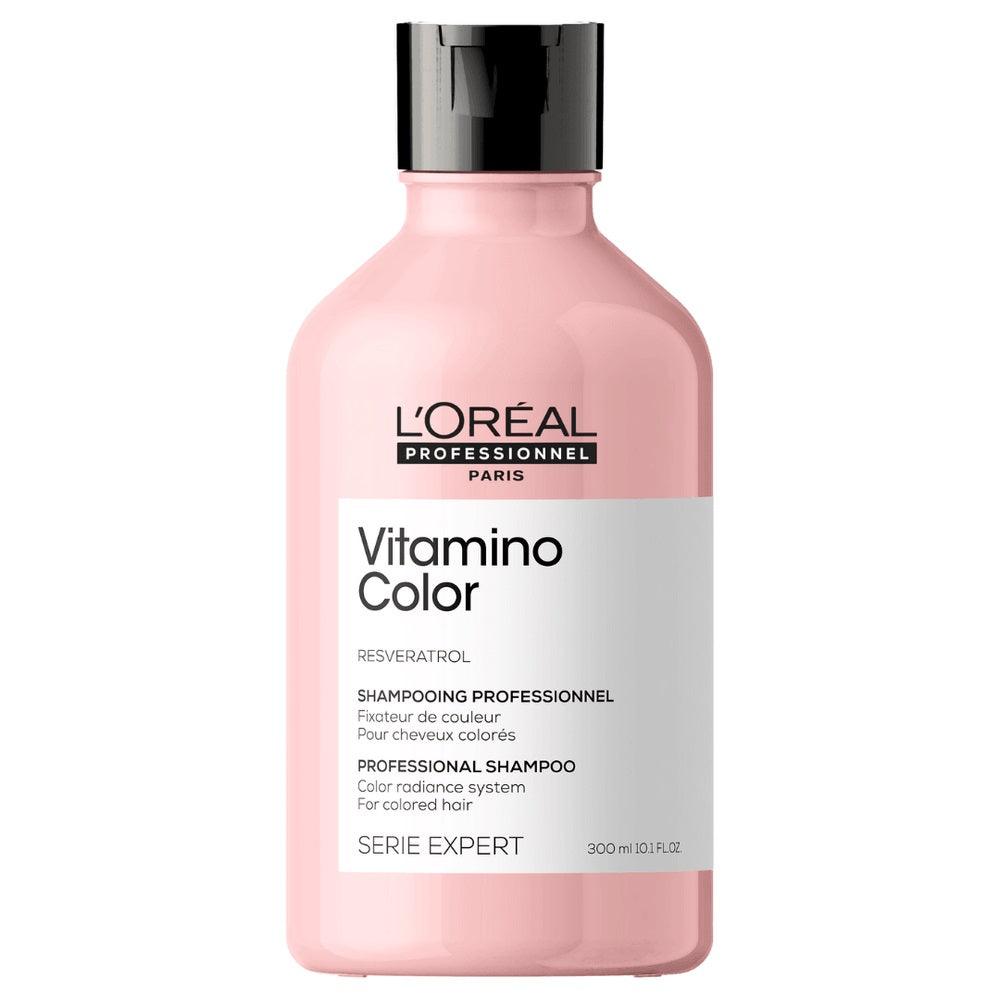
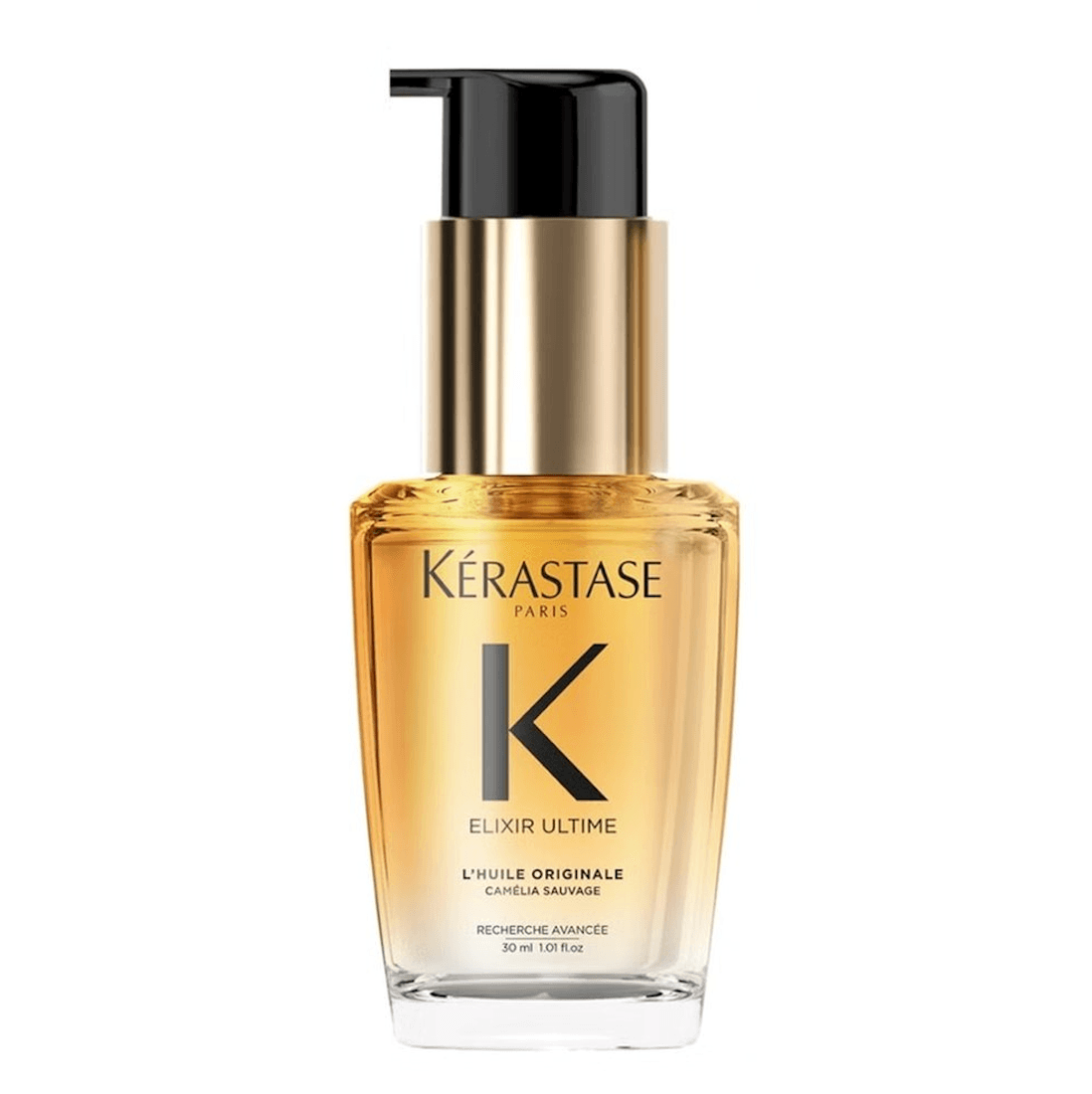



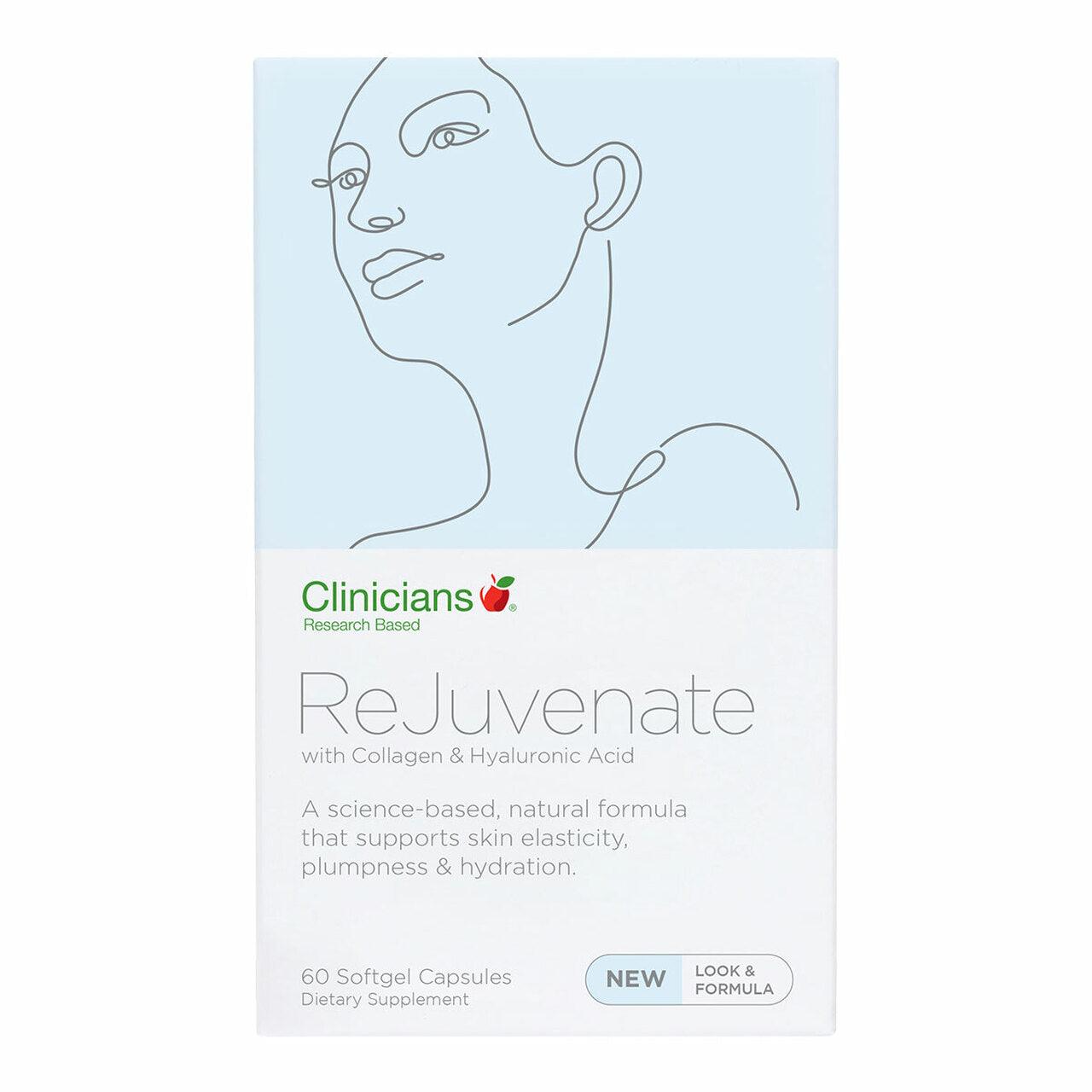
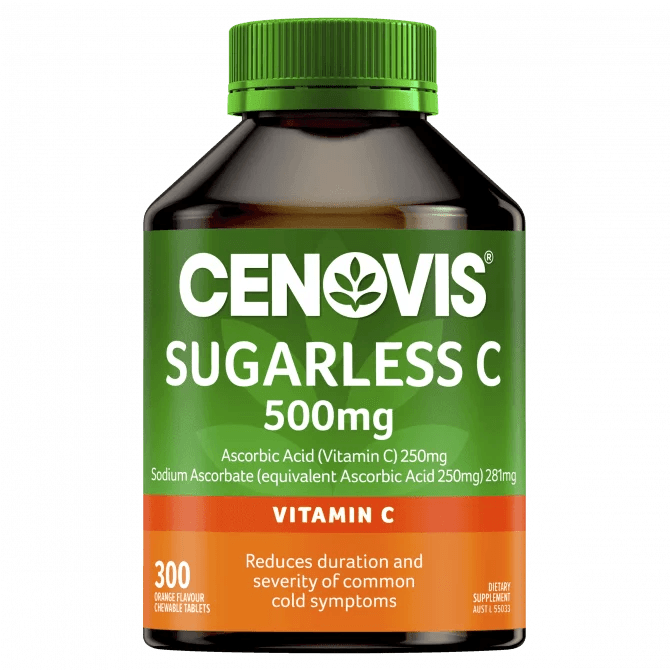


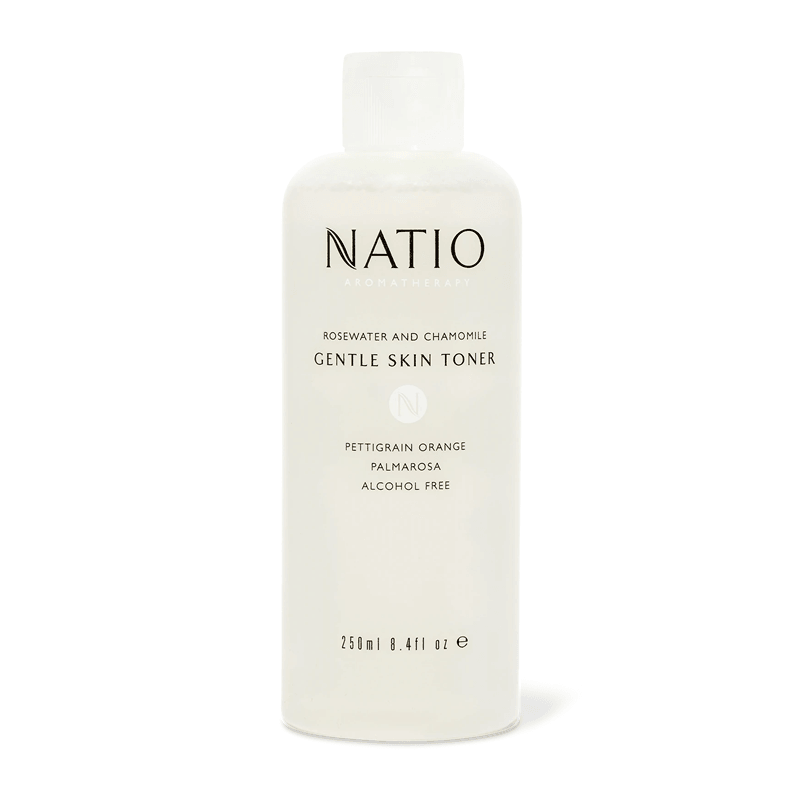


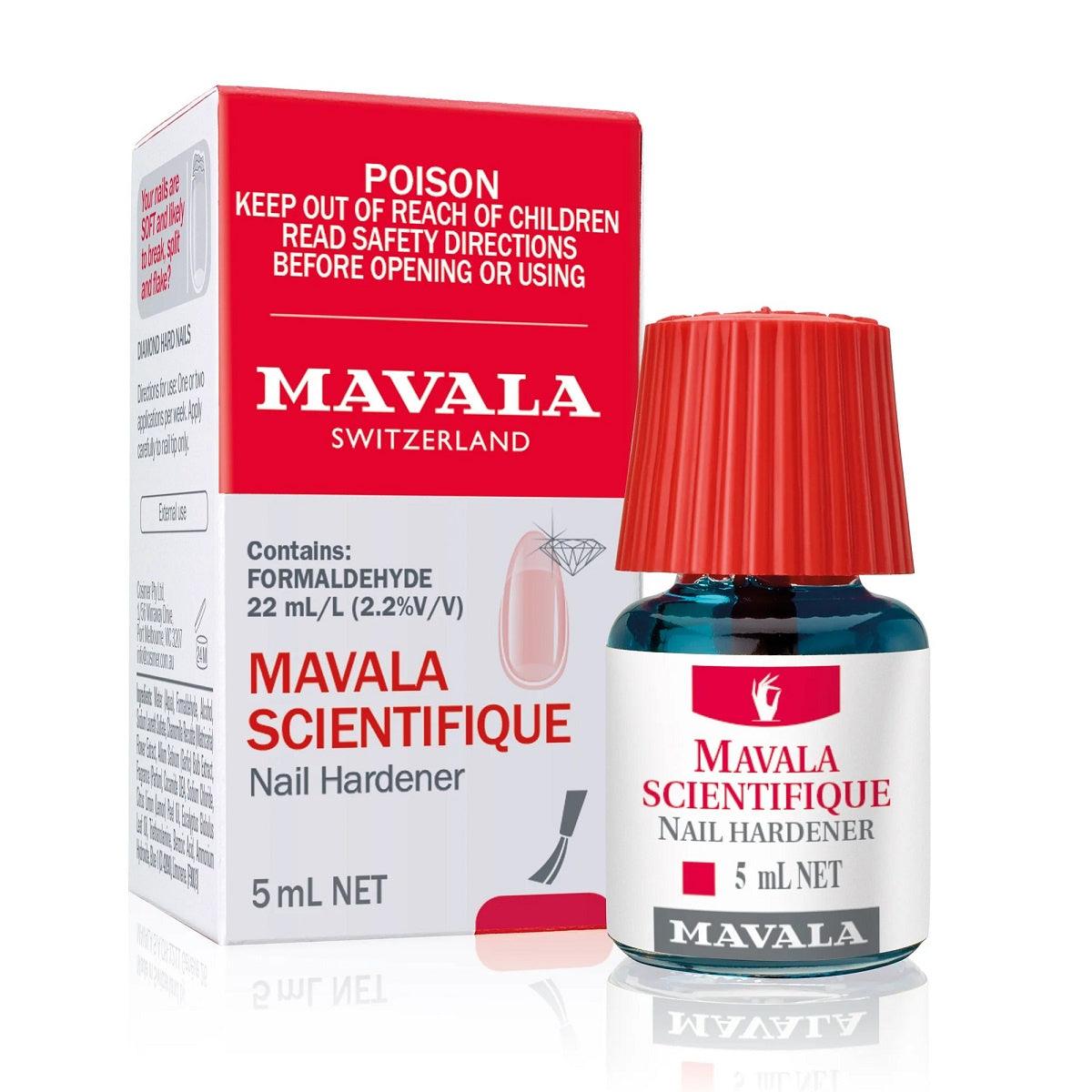


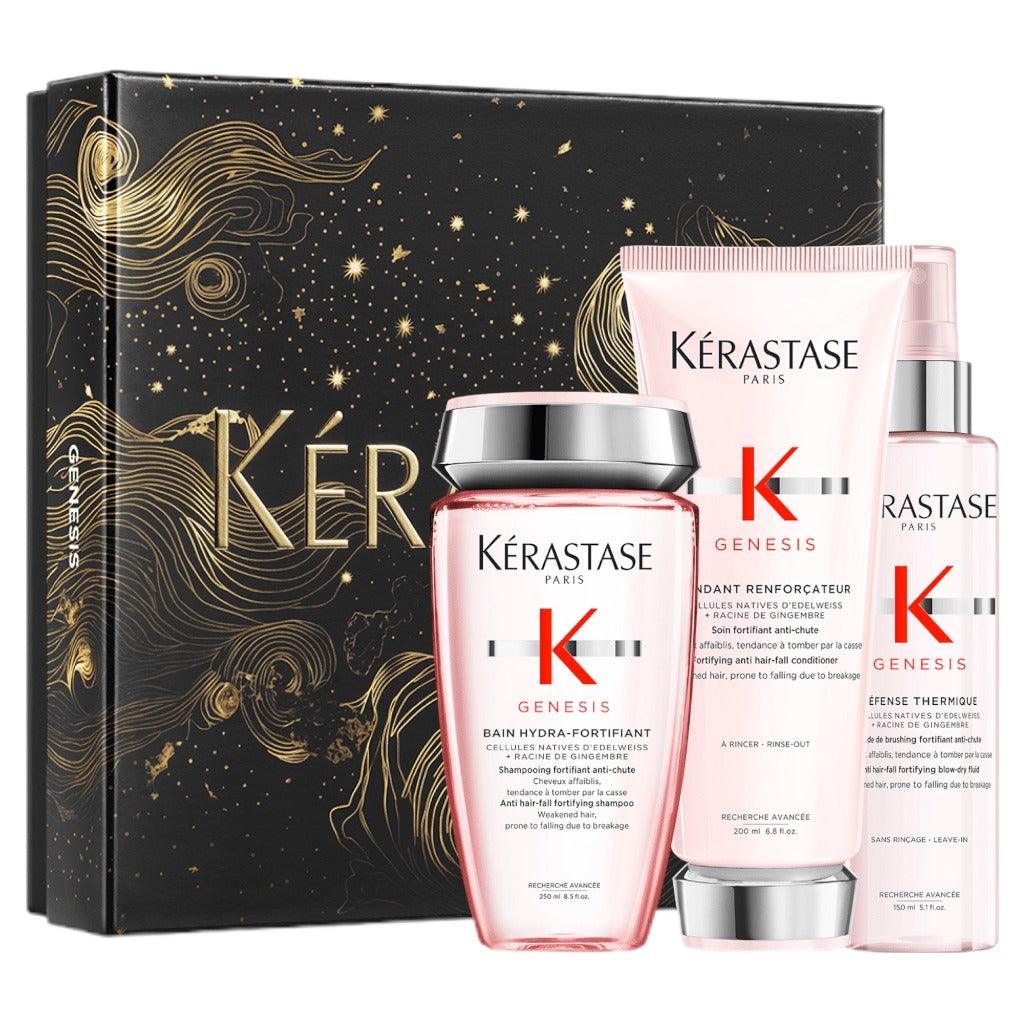
![[Clearance] Ini Berry Soap Baby Bear Gift box 26g*6, Soap Bars](http://ocare.co.nz/cdn/shop/products/3086_G.jpg?v=1744845452&width=500)




